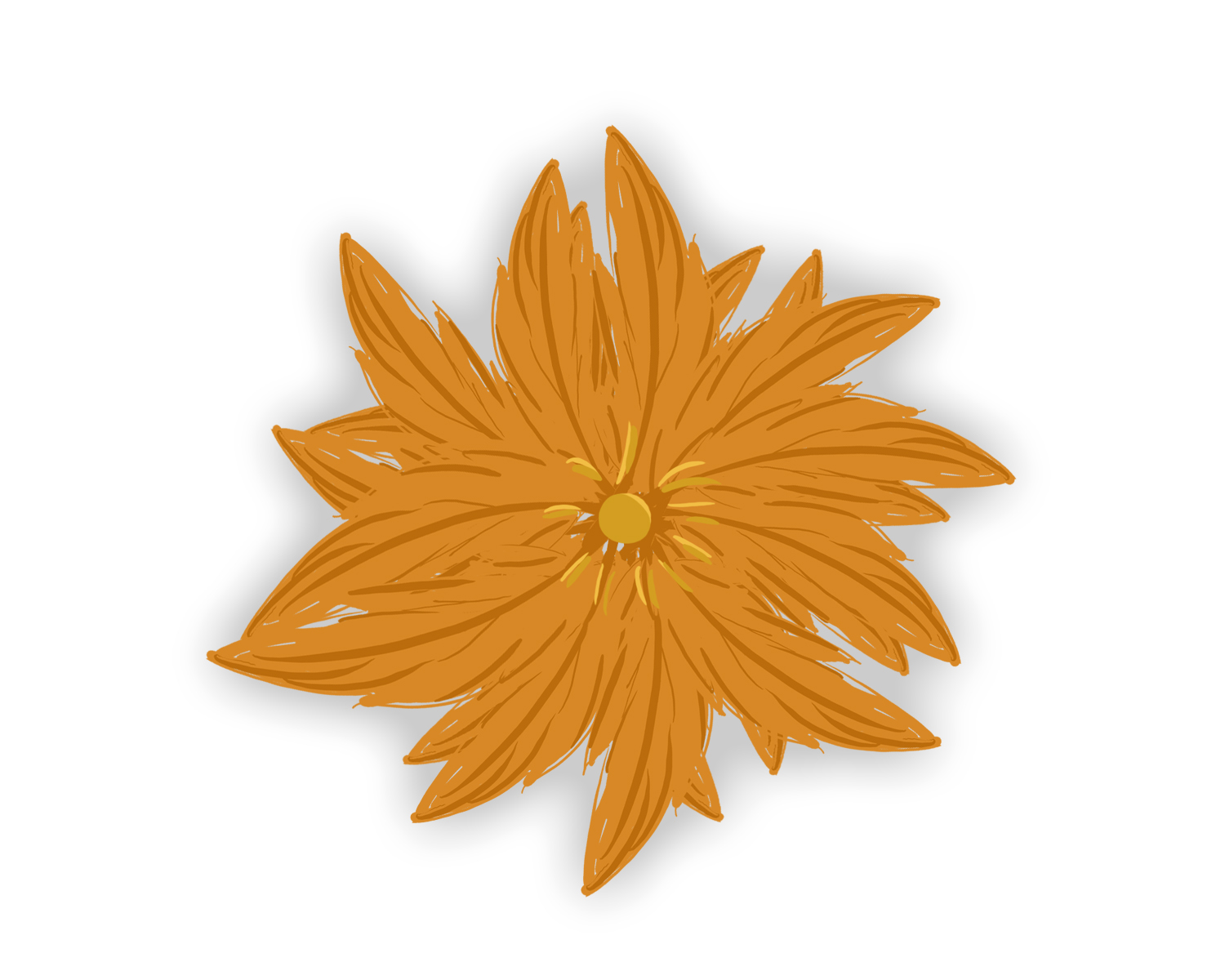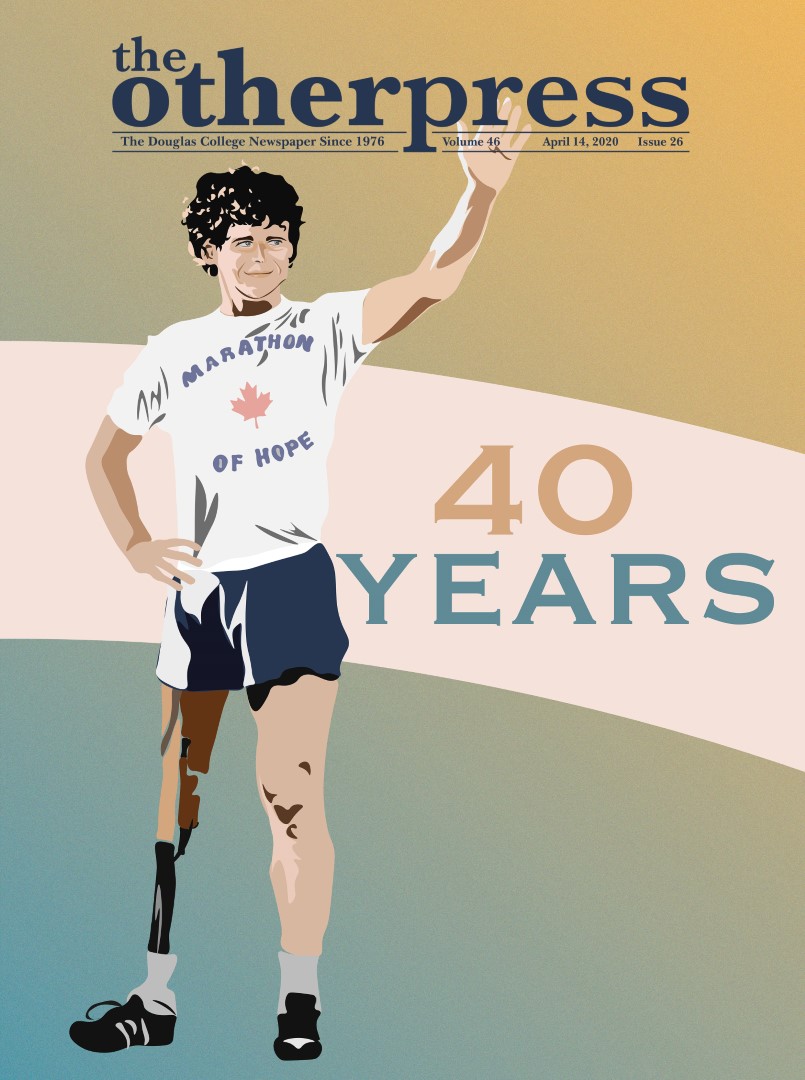
Everything you need to know about Seasonal Affective Disorder
By Brandon Yip, Contributor
The holiday season can be a joyous occasion for many people. It is the time for workplace parties, gift buying for friends and family, or strolling at a Christmas market—these activities provide joy and camaraderie for people. But for others, the holiday season is a time of great sadness and despair.
One of the main factors that affect a person’s mood is the change in seasons, specifically fall to winter. With fewer daylight hours, many people struggle to feel jovial during the holidays. This condition is known as Seasonal Affective Disorder (SAD), seasonal depression, or winter depression.
For this reason, it is important for people to have a strong support system if they are affected by SAD. According to a HealthLinkBC online article about SAD, experts are not sure what causes it, but one assumption is that it is caused by a decrease in sunlight. SAD does not discriminate, as any person can get it. Yet, it is predominantly seen in women and in people who do not live close to the equator—where there are shorter daylight hours in the winter. The age range of those affected is 15 to 55 years, but it is to be noted that your risk of getting the condition decreases with age. People who have relatives with SAD are also susceptible to the condition. Symptoms of SAD can vary from weight gain, loss of interest in daily activities, inability to concentrate, or feeling moody, grumpy, sad, or anxious.
Dr. Robert Levitan, a Senior Scientist at the Centre for Addiction and Mental Health (CAMH) in Toronto, discusses the origins of SAD. “Right around the time that we change the clocks, which is now in November, the days of course are getting very very short,” he states in a video segment produced by CAMH.
“Many people start to experience a form of depression that we call seasonal depression, or Seasonal Affective Disorder (SAD). [And this] often starts with fatigue, [and] low energy, but starts to involve more symptoms of depression, symptoms of sadness, lethargy, [and] apathy.”
Also, Dr. Omar Rieche, Medical Director, has input on what is going on for people experiencing sadness during this season. “Holiday blues really is just this period of time during the holidays where there’s more expectations and more pressure,” Dr. Rieche said in a video segment produced by Southwest Florida healthcare system Lee Health. “People start to remember childhood holidays and times where we’re supposed to be happy. Everything’s supposed to be joyous and it’s not.”
Furthermore, Sarah Hamid-Balma, Director of Mental Health Promotion with the BC Division of the Canadian Mental Health Association, says that symptoms of SAD can be mild or serious, depending on the person. But if untreated, SAD can affect one’s ability to function daily. “Like other forms of depression (major depression, postpartum depression), [SAD] can be milder, more moderate or more severe,” Hamid-Balma said in an email interview with the Other Press. “Depression, whatever kind it is, can be quite disabling because it affects almost everything: your thoughts, your feelings, your motivation, your concentration, your energy, your behaviours, your relationships, and your physical well-being. And some people even think about suicide—you can’t get more serious than that.”
Hamid-Balma continues by stating that SAD is often misunderstood in society. “It’s not about weather, but about season,” she states. So, a couple of weeks of rain doesn’t cause SAD. Going on, she says that, “Also, SAD is actually rarer than people think. Only two to three percent of people will develop it.” It is important to clarify that there is also a mild form of the disorder that is much more common—occurring in 15 percent of people—but the symptoms don’t have a huge impact on daily life. Even more common and less severe is the “winter blues,” a general feeling of winter being less happy than summer, and it affects 25 to 35 percent of Canadians according to CAMH. “It’s important [that] people who are experiencing impacts talk to a health professional before treating themselves because maybe their depression isn’t the SAD kind of depression, or maybe it’s a thyroid problem, or maybe light therapy isn’t appropriate. Many people want to self-diagnose but it’s important to talk to a professional first,” she said.
Kristen Holbrook, a registered clinical counselor in Coquitlam—specializing in the areas of depression, anxiety, and trauma—says people who are affected by the holiday blues and especially SAD experience some misunderstandings. “Those who find it difficult to cope with the holiday season often feel as though they are alone in feeling sad, anxious, or depressed around the holidays,” Holbrook said in an email interview with the Other Press. “A common misconception is that everyone else is feeling happy, joyous, and merry and that the individual is the exception. This can prevent those who are having a difficult time from reaching out for support or talking about how they truly feel, which creates further isolation and shame.”
Many health experts state that the worst thing a person can do when they are feeling sad due to SAD is to not address their feeling and instead, overindulge—such as consuming too much alcohol. Dr. Rieche cautions people against extremity of habits: “For example, not overdrinking, not doing anything in excess, not being alone. Sometimes people get very very busy trying to do everything. And before the holidays end, they end up overdoing it. And they really end up then feeling worse.”
However, Dr. Levitan states that staying physically active—such as incorporating regular exercise—may not always be a beneficial solution for people with SAD. “I get asked a lot about exercise and I would see exercise more as a preventative or maintenance treatment once people are better […] the key point today is to make sure that, if you’re feeling signs of depression this time of year going into the winter period, make sure to first get assessed by a doctor before confirming the diagnosis and going on to treatment options.”
Nevertheless, Hamid-Balma says SAD is treatable but she suggests people need to be proactive in their own lifestyle in order to cope better with symptoms of SAD. “People with SAD will typically need treatment, whether through light therapy, medication, psychotherapy, or a combination of these approaches.” There are approaches the individual can personally lead to. “But people with SAD receiving treatment, as well as the other 15 percent of people who feel the “winter blahs” can benefit from self-care changes too. For example, finding small ways to increase exposure to natural daylight throughout the day, managing stress, eating healthily, keeping up with exercise and social routines that can start to drift off when it’s darker and colder, that kind of thing.”
For Douglas College students who are feeling affected with SAD, I would suggest meditation and mindfulness exercises. Even a short walk around your neighbourhood is a better alternative to staying home and being isolated. Students at the David Lam campus who may be experiencing SAD symptoms (in addition to the stress of studying for upcoming final exams) can take a short break and walk across the street to look at the beautiful Christmas lights on display at Lafarge Lake. The annual Lights at Lafarge event begins November 30 and runs until January 19, 2020.
Also, I would recommend listening to upbeat music, watching funny videos, hanging out with friends, and writing down your thoughts and feelings.
Finally, Kristen Holbrook offers advice for those who are still having difficulty coping with SAD and feeling sad during the holidays. She says there is a way to get through it, but it requires some discipline and effort. “Don’t assume you are alone in how you feel,” Holbrook said. “Seek counselling if you are grieving or if the holidays bring up painful memories from the past or childhood traumas. If the holidays are associated with painful memories, create new rituals and routines. If you are grieving a loved one who has passed, create a new ritual to incorporate them into the holidays. Family can mean chosen family, so spend the holidays with those who make you feel good about yourself and respect your boundaries.”
Douglas College Counseling Services:
To inquire about or set up an appointment with a counselor, call 604-527-5486 for the New Westminster Campus or 604-777-6185 for the Coquitlam Campus.
BC Partners for Mental Health and Addictions Information
Visit www.heretohelp.bc.ca for info sheets and personal stories about SAD. There is also more information, tips, and self-tests to help you understand many various mental health issues.
Mood Disorders Association of BC
Call 604-873-0103 in the Lower Mainland, email info@mdabc.net, or visit www.mdabc.net for resources and information on mood disorders. There is also more information on support groups around the province.



